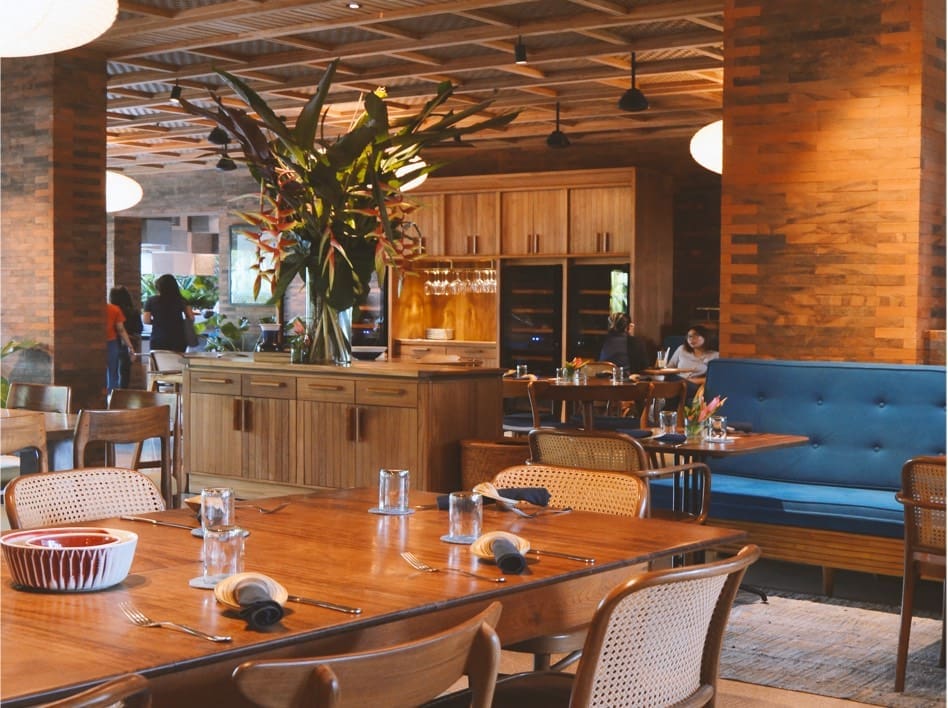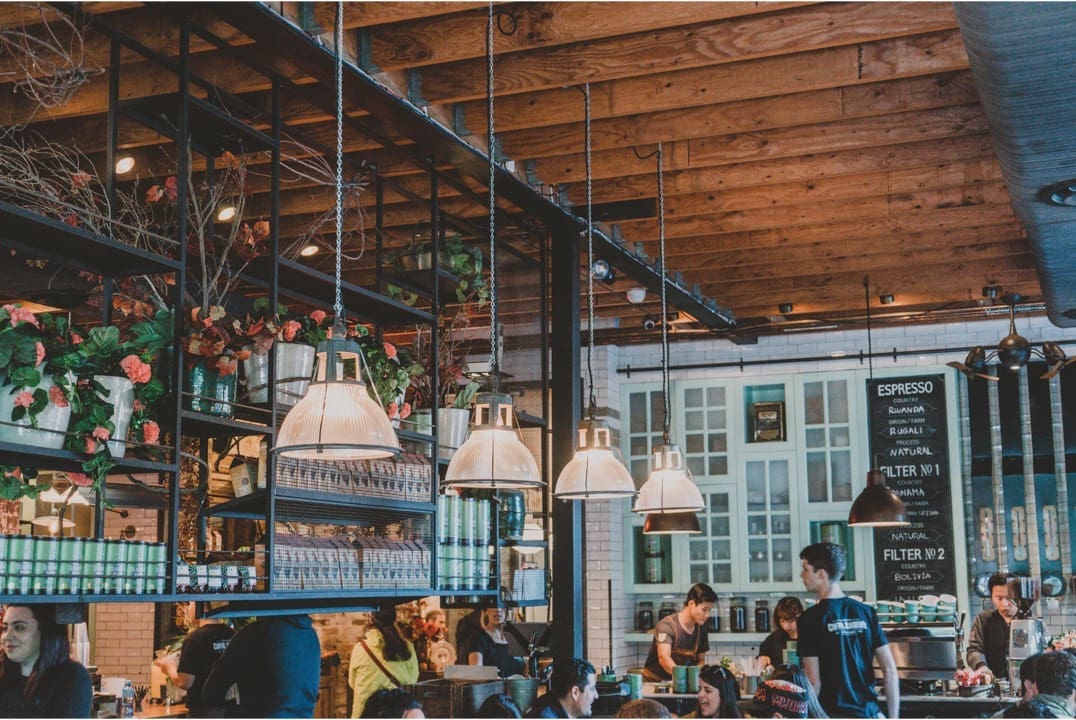Renting a restaurant space may be simpler than buying one, but that doesn’t mean it’s all smooth sailing. A poorly-negotiated lease can lead to unforeseen complications—and unexpected costs. Fortunately, there are ways you can protect yourself as a restauranteur entering the rental market. With a bit of know-how and an expert negotiator by your side, you can slice through the confusion and get the best terms and conditions possible.
If you’re ready to negotiate a restaurant lease, here’s what you should know…
1) How long the space has been vacant
Long before you sit down at the negotiation table, you’ll want to find out how long the space you’re considering has been sitting vacant. If it’s been a few months, you’ll stand a better chance of bargaining successfully for what you want. After all, it’s good for landlords to have successful businesses operating on their property. If you’re at all concerned about why the space has been vacant, take stock of what you learn about the landlord, the building, and the immediate area.
2) What you can ask for
There are a few different things you can get out of the negotiation process. First off, you can bargain for lower rent, a few free months, or no rent until your restaurant opens its doors. Another option is pro-rated rent, whereby the sum you’re charged starts low—and stays that way for a set period before gradually rising. Repairs are another thing buyers commonly negotiate for. If the upgrades or replacements you’ll make will improve the building in a major way (like new heating ducts or kitchen ventilation), the landlord may take on the cost.
3) Local market rents
Anyone who’s ever done some apartment hunting knows how dramatically different rents can be from one neighbourhood to the next. This is as true for commercial space as is it is for housing. The good news is, if you do your homework, you’ll be better prepared to negotiate for a particular property. Your agent will have up-to-date information on how much restauranteurs are paying for similar spaces nearby—which can give you leverage when it comes time to justify what you’re asking for.
4) Be aware of all costs
Here’s where things can get complicated for some potential tenants. There are several different types of commercial leases, and the one you agree to will determine which expenses you’re responsible for. With a gross lease, the landlord takes care of all operating expenses (such as property taxes, insurance, and ongoing repairs and maintenance). With a net lease, they’re the tenant’s responsibility. When it comes to restaurant spaces, your agreement will almost always be something in between. Your agent can explain any lease that’s proposed, and advise you on when to push for modifications (or old back).
5) Work with the right agent
When you’re ready to lease a space, remember that a great outcome starts with an experienced agent. Consider partnering with a professional who knows the restaurant industry and the local commercial real estate market. Remember that strong bargaining skills are just as important. When you’re thinking of working with an agent, be sure to ask them about impressive results they’ve achieved through negotiations in the past.
When it comes to restaurant leases, the negotiation process is unique. With some basic knowledge and the right expertise on your side, you’ll be well on your way to securing the ideal space—at a price you can be happy with!
Ready to lease the ideal restaurant space? Reach out to learn how I can help you navigate the process!









